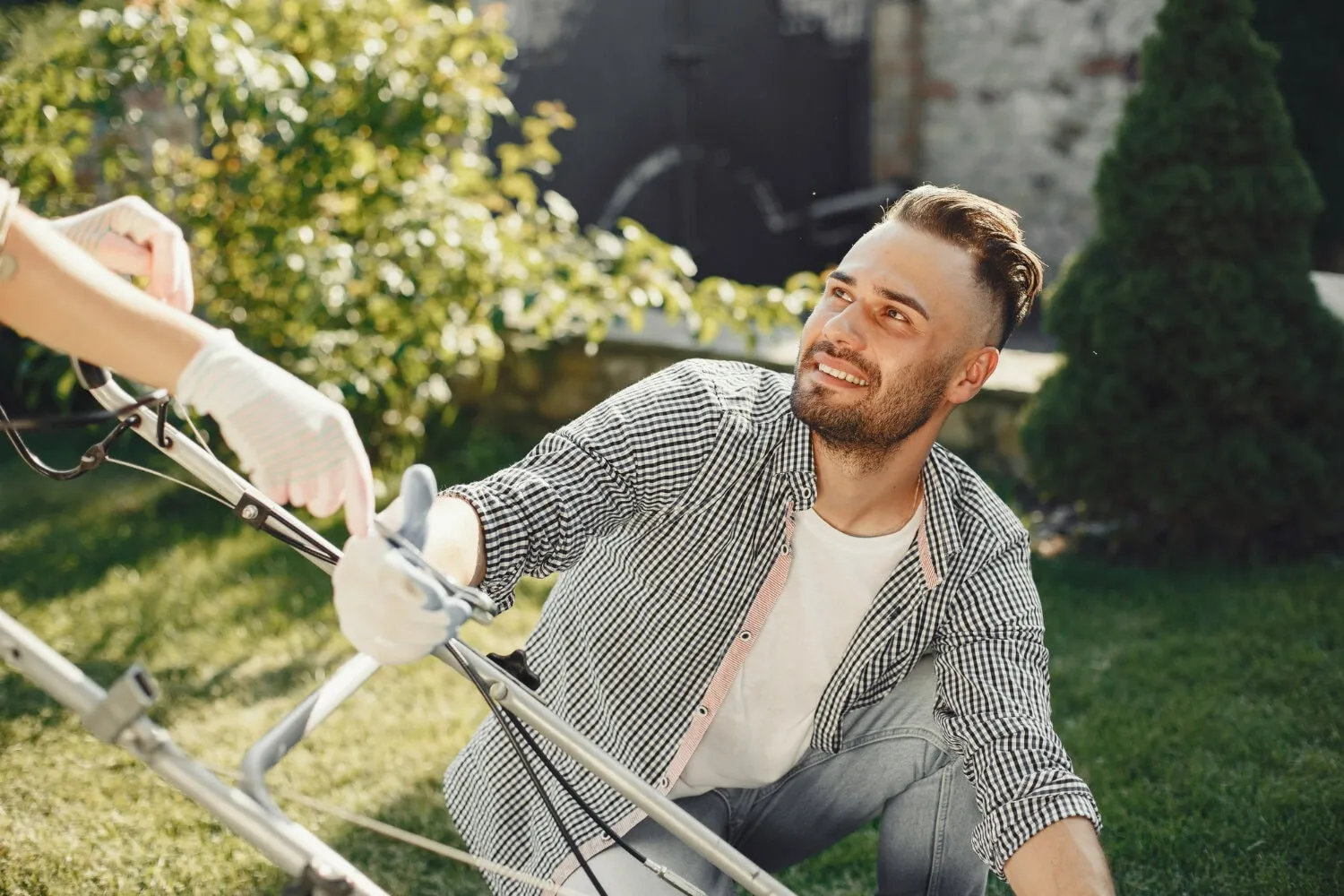
Based on a recent report by think tank RAND, psilocybin mushrooms (also known as “shrooms) are the most psychedelic in the country, even surpassing Molly. In 2023, about 8 million American adults used shrooms, with 12% of people reporting lifetime use and 3.1% admitting to trying them in just the past year.
But with growing popularity comes an important question: Do shrooms show up on drug tests?
Whether you’re navigating workplace screenings and legal issues or simply curious about how psilocybin interacts with drug tests, it’s a topic worth exploring. In this blog, we’ll look at whether shrooms are typically detectable and what to consider.

Psilocybin is the main active compound in magic mushrooms. It’s a naturally occurring psychedelic used for centuries to alter perception and consciousness. Once consumed, your liver converts psilocybin to psilocin, the substance responsible for its mind-altering effects.
Psilocin works by interacting with serotonin receptors in the brain. This interaction leads to changes in mood, sensory perception, and how you experience time and reality. It’s why people often report vivid hallucinations, feelings of euphoria, or profound spiritual experiences during a “trip.”
The way psilocybin affects you depends on factors like your physical health, mental state, the dose, and even your environment. Typically, the effects start about 30 minutes after eating shrooms. Sometimes, it’s as quick as 5 to 10 minutes if you drink it as tea. And it can last for four to six hours.
Now, about psilocybe on drug test, note that psilocin doesn’t stay in the body for long — it’s broken down and excreted within about 24 hours.

Now that you know how long do shrooms stay in your system (not long), it’s time to tackle the next big question: Do shrooms show up on drug tests?
As you learned, psilocybin, the active compound in magic mushrooms, is metabolized quickly, making it highly unlikely to show up on a standard drug test. That’s because these tests are designed to detect substances like THC, opioids, cocaine, and amphetamines.
Here’s a closer look at how standard drug tests work and what they’re screening for:
So, unless you’re being specifically tested for psilocybin very soon after taking it, it’s improbable that shrooms will show up on a standard drug test.

That said, even if psilocybin is detectable, its short detection window (usually within 24 hours) significantly reduces the chances of it being detected in standard workplace or probationary drug tests. Specialized tests would have to be administered shortly after use to identify psilocybin or psilocin. And this is rarely the case.
The legal status of psilocybin in the United States is complex and depends on where you live. Federally, psilocybin is classified as a Schedule I substance under the Controlled Substances Act, meaning it’s considered to have a high potential for abuse and no recognized medical use. However, some states and cities are taking steps to rethink these laws.
In 2019, Denver, Colorado, became the first U.S. city to decriminalize psilocybin. Decriminalization doesn’t make it legal but reduces law enforcement’s focus on personal possession. Since then, Oregon and Colorado have legalized psilocybin for therapeutic purposes in specific contexts. Still, in most other states, possession or use of psilocybin remains illegal and can result in serious legal consequences.
If you’re concerned about psilocybin use and drug testing, here are some steps to help you navigate the legal and personal implications:

So, do shrooms show up on drug tests? In most cases, the answer is no.
As mentioned, the body metabolizes psilocybin, the active compound in magic mushrooms, usually within 24 hours. Factors like the dose taken, frequency of use, and individual metabolism can slightly influence detectability. Still, the short detection window makes it unlikely for psilocybin to appear unless a specialized test is conducted soon after use.
While shrooms are indeed gaining popularity, it’s essential to consider their legal and personal implications. Laws around psilocybin vary, with some states moving toward decriminalization or therapeutic legalization. However, in most areas, psilocybin remains a controlled substance, so knowing your local regulations is essential.
Understanding details like how long it takes for shrooms to kick in and how drug tests work can help you navigate these matters with confidence. If you’re concerned about psilocybin use, drug testing, or its impact on your life, reach out to Atlas Treatment Center for guidance and support. Get in touch today!

Author
Emmy is a content specialist dedicated to helping brands boost their online presence and reputation through tailored, well-researched copy. With expertise across diverse niches—including mental health—she crafts messages that resonate with target audiences and drive engagement.


.webp)
Don't let addiction define your future. We're ready to support you every step of the way. Reach out to us for a free, confidential assessment.

